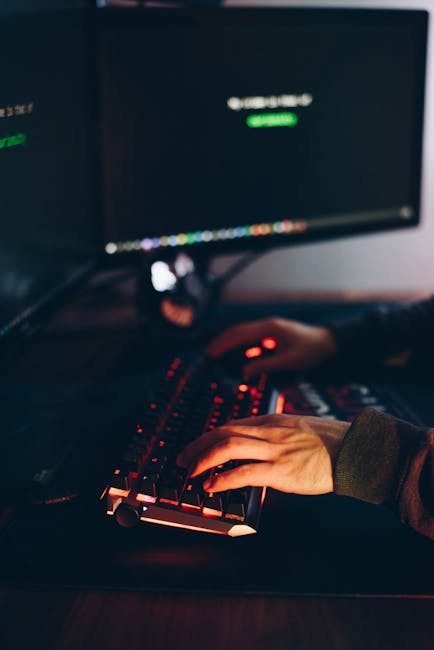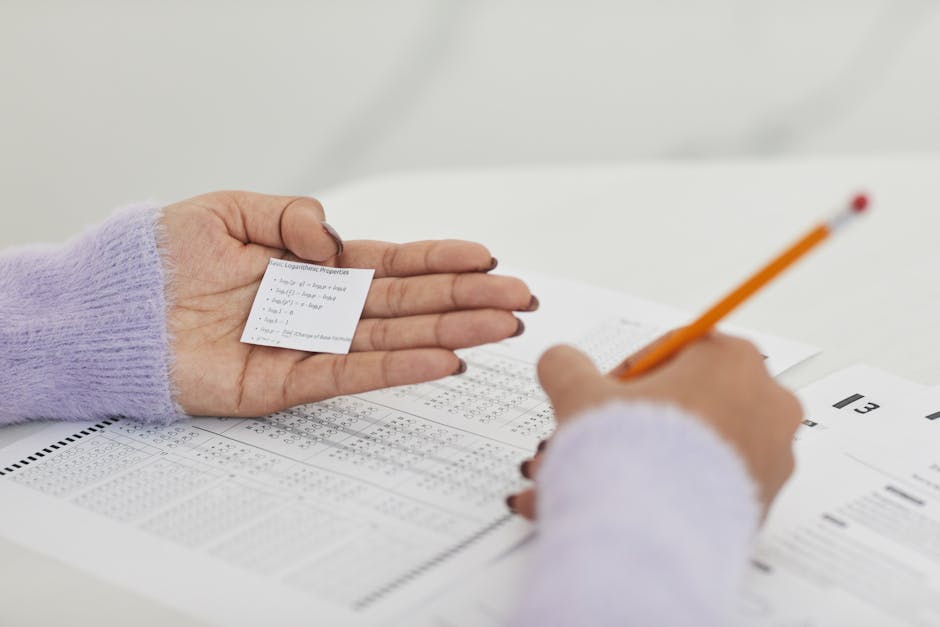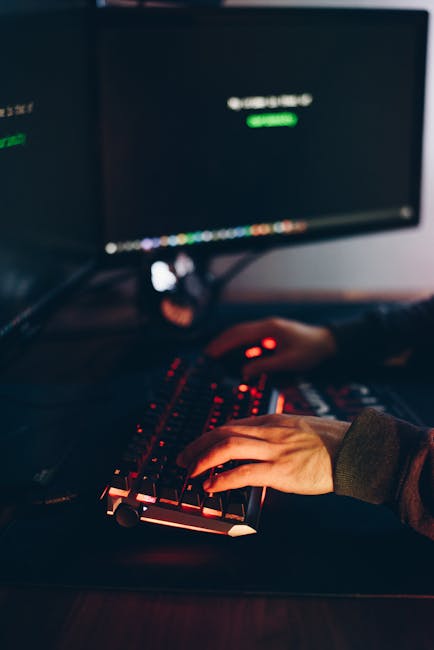Will Cheating Become Illegal in 2026? Exploring the Future of Academic and Professional Integrity
Will Cheating Become Illegal in 2026? A Complex Question
The question of whether cheating will become illegal in 2026 is complex and multifaceted. While there aren’t currently any sweeping legal changes planned to criminalize cheating across the board, the increasing sophistication of technology, evolving societal expectations, and tightening regulations in specific sectors suggest a potential shift in how we address academic and professional dishonesty. This article delves into the nuances of this issue, exploring the legal landscape, technological advancements, and the evolving ethical considerations surrounding cheating.
Current Legal Landscape: Cheating and the Law
Currently, the illegality of cheating depends heavily on the context. Academic institutions have their own internal codes of conduct, with penalties ranging from failing grades to expulsion. Professional settings, such as medical licensing or legal practice, have strict regulations and consequences for misconduct, including license revocation or criminal charges in cases of fraud. However, a general law criminalizing cheating in all situations doesn’t exist. The legal focus often centers on the outcomes of cheating rather than the act itself. For instance, plagiarism might lead to copyright infringement charges, while cheating on a standardized test could result in test score invalidation and potential legal repercussions depending on the severity.
Technological Advancements and Detection
The rise of AI-powered plagiarism detection software and sophisticated data analytics tools are revolutionizing how cheating is detected. These technologies are becoming increasingly effective at identifying instances of plagiarism, collusion, and other forms of academic dishonesty. In professional settings, advanced analytics can identify patterns of fraudulent behavior and financial irregularities. This improved detection capability puts pressure on individuals to reconsider the risks of cheating and potentially influences the development of stronger deterrents.
The Future of AI and Cheating Detection
The future likely involves even more sophisticated AI algorithms capable of detecting subtle forms of cheating, including paraphrasing techniques that evade current software. Furthermore, AI could be utilized to predict potential cheating instances based on behavioral patterns and data analysis, allowing for proactive intervention rather than just reactive detection. This could lead to a more preventative approach to tackling cheating, potentially shifting the focus from punishment to education and prevention.
The Ethical Dimensions of Cheating
Beyond the legal aspects, there’s a growing ethical debate surrounding cheating. The erosion of academic and professional integrity raises serious concerns about the reliability of qualifications, the fairness of competitions, and the overall trust in institutions and individuals. This ethical dimension is influencing the public discourse and adding pressure on policymakers and institutions to take more stringent measures against cheating.
Sector-Specific Regulations
While a blanket law criminalizing cheating is unlikely in 2026, tighter regulations are likely to emerge in specific sectors. The medical and legal professions, finance, and high-stakes standardized testing will likely see increased scrutiny and harsher penalties for cheating. This granular approach reflects the significant societal consequences associated with dishonesty in these crucial areas.

The Role of Education and Prevention
Instead of focusing solely on punishment, a stronger emphasis on education and prevention is crucial. Institutions are increasingly investing in programs that promote academic integrity, educate students on ethical conduct, and provide support for students struggling with academic pressure. This preventative approach can significantly reduce the incidence of cheating and foster a culture of honesty and integrity.

Challenges in Defining and Prosecuting Cheating
Defining cheating itself presents a significant challenge. The line between collaboration and collusion, assistance and cheating, can be blurry. Prosecuting cheating also presents challenges, requiring substantial evidence and often relying on admissions or witness testimony. These complexities complicate the development of a universal legal framework to combat cheating effectively.

The Impact of Globalisation
Globalisation adds further complexity to the issue. Cross-border academic collaborations and online learning environments create challenges in enforcing consistent regulations and coordinating investigations across different jurisdictions. International cooperation will be crucial in combating cross-border cheating effectively.
Public Opinion and Societal Pressure
Public opinion plays a crucial role in shaping policies and regulations. As societal awareness of the consequences of cheating grows, public pressure on institutions and governments to address this issue effectively will increase. This public pressure can be a significant driver for future legal and regulatory changes.
Potential Future Scenarios
Several future scenarios are possible. One possibility is a continued reliance on sector-specific regulations with no overarching federal or national law specifically criminalizing all forms of cheating. Another scenario might involve the development of more robust and technology-driven systems to detect and prevent cheating, making the act itself less attractive. A third scenario could include a greater emphasis on educational initiatives and ethical frameworks to address the root causes of cheating. The final scenario, though less likely in 2026, could involve a broader legal framework, but it will depend heavily on societal consensus and the technological capabilities to enforce such a framework effectively.
Conclusion: A Multifaceted Approach is Key
The question of whether cheating will become illegal in 2026 remains unanswered. However, it’s clear that the landscape is shifting. Technological advancements, ethical considerations, and societal pressures are all contributing to a more proactive and multifaceted approach to tackling academic and professional dishonesty. While a blanket criminalization of cheating is unlikely in the near future, we can anticipate stricter regulations in specific sectors, a stronger emphasis on prevention and education, and increasingly sophisticated methods for detection. The future of combating cheating lies not just in legal frameworks but in a holistic approach that addresses the underlying causes and cultivates a culture of integrity.
Further Research
- The impact of AI on academic integrity
- Ethical considerations of plagiarism detection software
- Cross-border collaboration in combating academic dishonesty
- The role of educational institutions in promoting academic integrity





